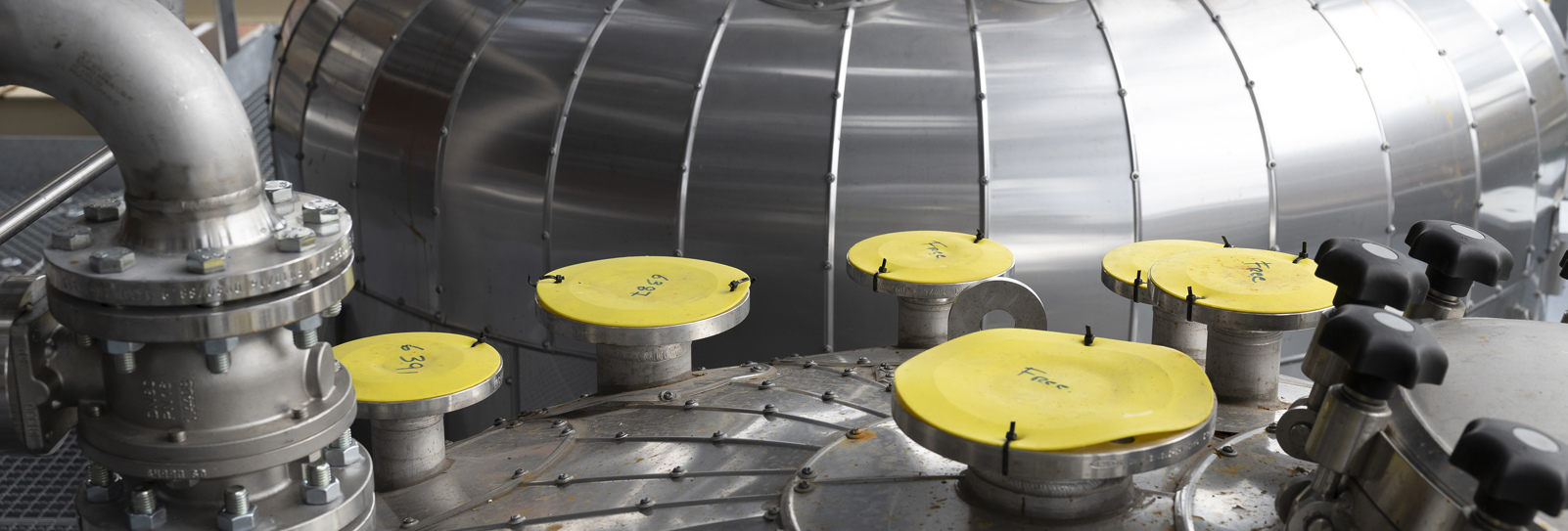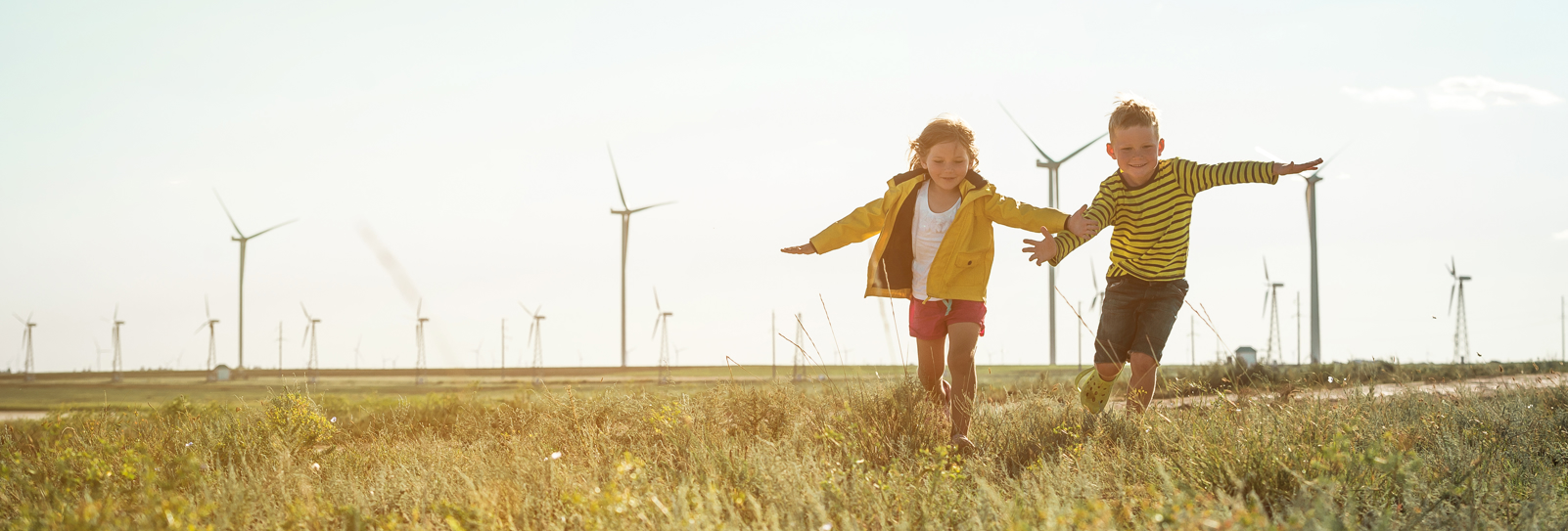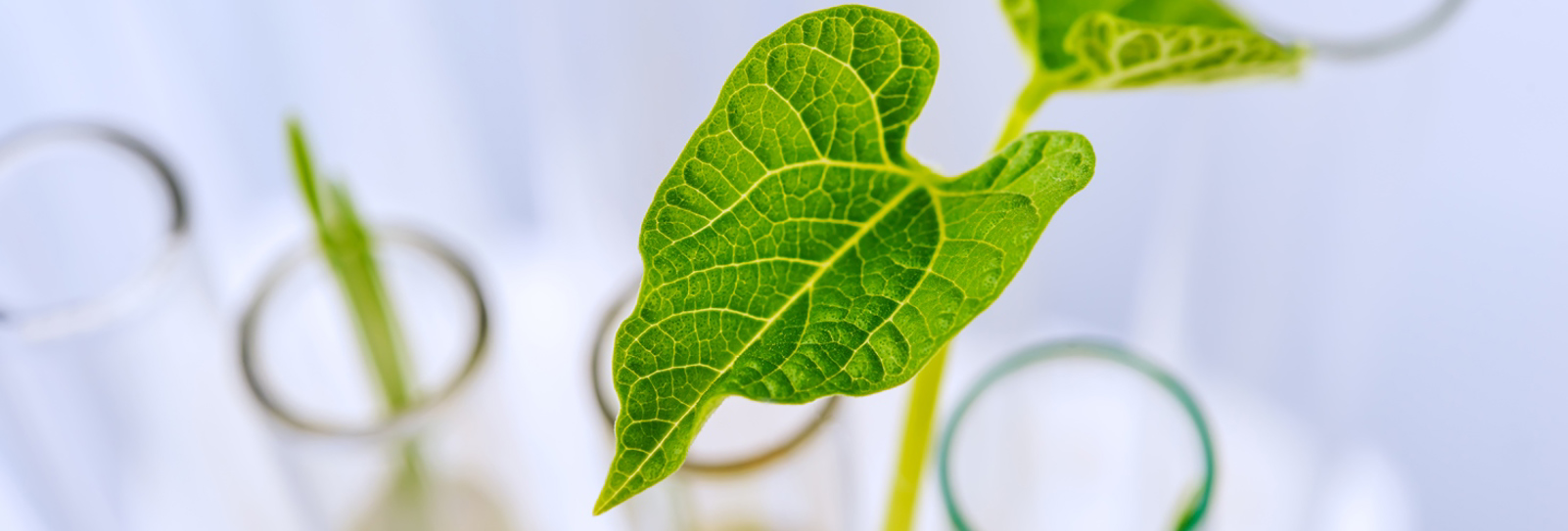A sustainable chemistry
In order to limit the global temperature increase in this century to 2 degrees Celsius above preindustrial levels, Oleon is commited to reduce all direct and indirect greenhouse gas emissions by 30% by 2030, compared to 2019. This commitment is fully in line with the Science-Based Targets initiative, a joint project of the Carbon Disclosure Project (CDP), the United Nations Global Compact, the World Resource Institute (WRI) and the World Wildlife Fund (WWF) to encourage companies to set greenhouse gas emission reduction targets consistent with scientific recommendations.
The impact of our activities on the climate is not only limited to our CO2 emissions. The way we manage the water consumption of our facilities and handle waste streams also has a significant impact on the planet.
Our targets
-
- 30% CO2 reduction of our own emissions by 2030.
- 30% CO2 reduction of the emissions in our value chain by 2030.
- Waste & water reduction: targets to be set by 2026.
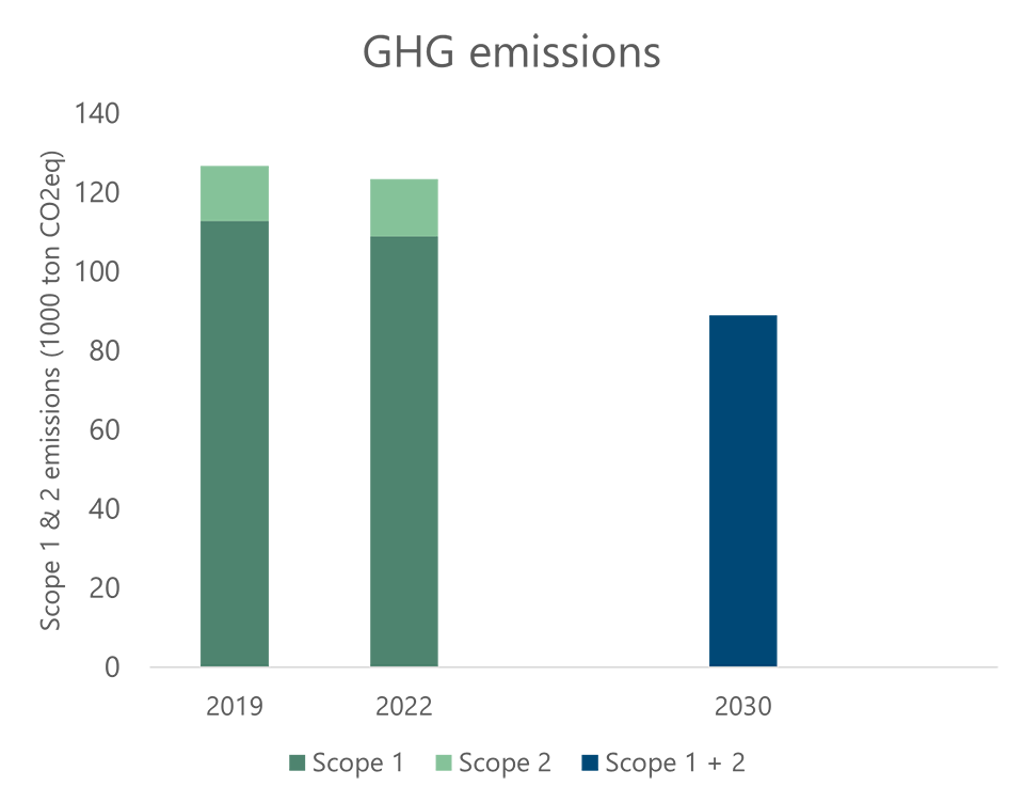
11% of Oleon's total emissions are linked to CO2 emissions of our own production. Although this represents a small part of our total emissions, we do have the full power to reduce these emissions.
- Marjan Maes, Corporate Social Responsibility Manager
Reducing our own CO2 emissions with 30% by 2030
Efficiency of existing energy consumption
Oleon has a strong continuous improvement culture. Yearly targets are set for our production plants to increase efficiency of our processes resulting in energy and CO2 emission reduction. Furthermore various smaller initiatives are being taking by our energy managers to sensitize our employees on how they can reduce their energy consumption when on site & at home.
Less carbon intensive energy sources
Oleon is exploring alternative energy sources such as biogas. We are looking into power purchase agreements and other ways to use less carbon intensive energy.
New production methods
Unconventional production methods are being researched by our bright R&D engineers in our lab facilities in France, Belgium, Germany, USA and Malaysia. Classic processes are often energy consuming due to the high temperature and pressure. Oleon is preparing for the future by investing in new methods that require less energy for even better result.
All the above initiatives are part of our decarbonization roadmap.
Discover our energy-saving enzymatic processes here:
Reducing CO2 emissions in our value chain with 30% by 2030
Sustainable raw material sourcing
Oleon strives to reduce the impact of all our raw materials by making sustainable choices, not in the least to reduce the carbon footprint of our products and the products of our customers. By 2025 we will source 100% deforestation free or sustainably certified raw materials. This will drastically reduce our carbon footprint.
Sustainable packaging
Our target is to reduce packaging-related CO2 emissions by at least 25% by 2026. This will push us to make even more sustainable choices.
New ways of transportation
While industrial transport and business travel have a smaller impact on our global greenhouse gas emissions, we believe it is important to show our commitment in all areas, as even smaller actions when combined can have a big impact. Our transportation partners for example are monitored by Ecovadis, the world's most trusted business sustainability rating company. Their efforts to reduce GHG emissions and overall sustainability performance impacts the collaboration with Oleon.
Water & Waste reduction
Oleon has implemented water & waste audit programs in all production facilities to further reduce water consumption and manage waste streams in a responsible manner. Clear targets will be introduced within the company as from 2026.
At Oleon we valorize over 95% of our waste streams.
Drive net zero carbon economy with sustainable products
Eco-design products
Oleon has a clear vision on eco-design based on 2 main principles:
-
- All our innovations have sustainability benefit such as:
- an improved carbon footprint
- a contribution to the circular economy
- being an alternative for a conventional toxic product
- a reduction of resources
- 100% of our product portfolio will be assessed by a Carbon Footprint or Life Cycle Assessment by the end of 2023.
- All our innovations have sustainability benefit such as:

